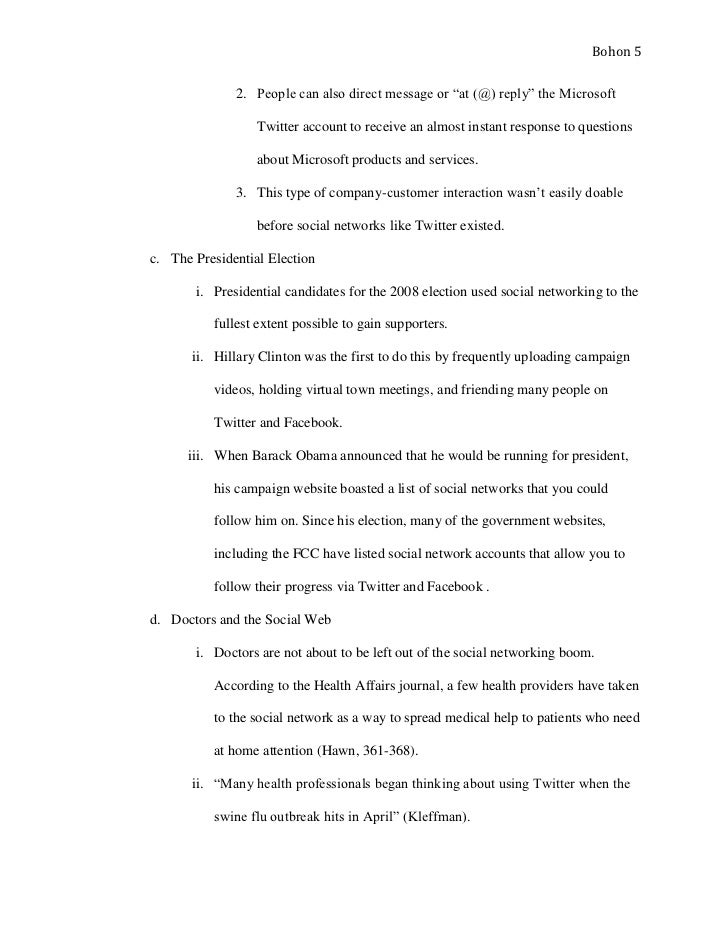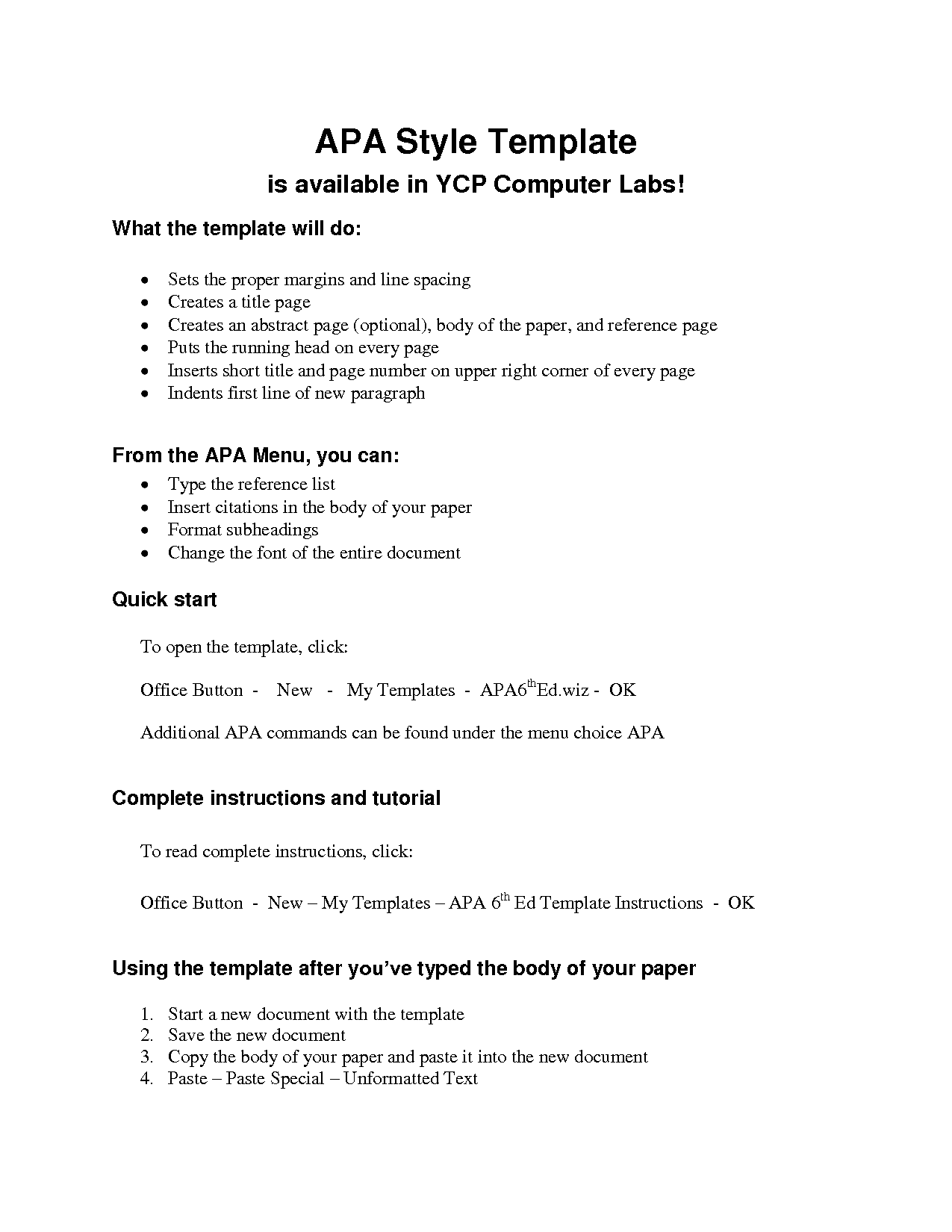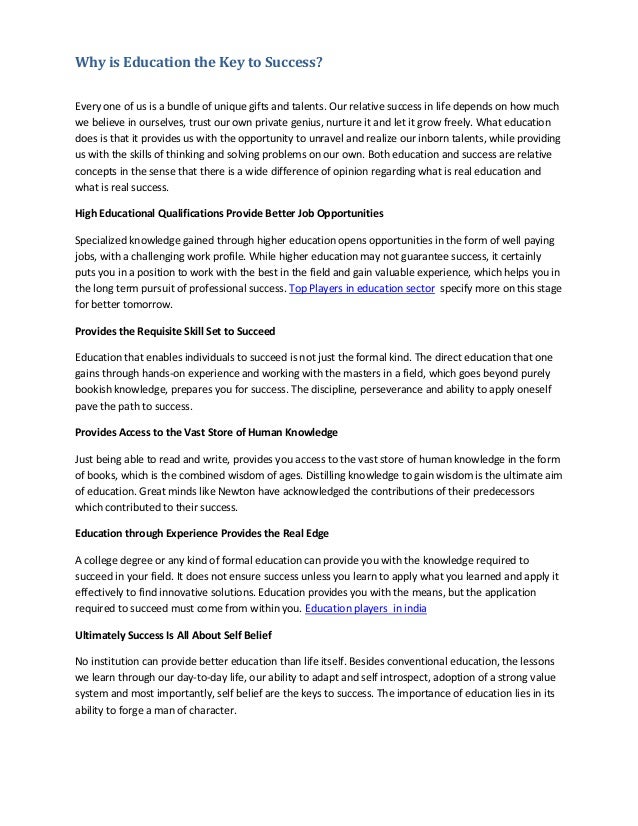Herne Junior School - Homework (Year 6).
The Greville Primary School. Cookie Notice. We use cookies to track usage and improve the website. Click here for more information. I Understand.
Multiplication. Year 2 is the year that children begin to learn multiplication tables, starting with the two, five and ten times tables. Remember, it is not enough to just count up in fives (5, 10, 15, 20 etc.) the whole sentence needs to be learned (5 times 2 equals 10 etc).

Learning the Times Tables need not a tedious chore! Learning them can be fun if you build up your knowledge gradually through using these fun multiplication games. It is a good idea to begin with the 2 times, 5 times and 10 times tables and secure these times table facts before moving on to the others. Quick fire questions on number bonds.

If you want to practice the 9 times table against the clock, you can of course take the speed test. If you want to practice at your leisure, we suggest you print out the 9 times table worksheet and practice with that. The 9 times table is a tricky table. What often helps is to use the tables you know well for answering the sums in the harder tables. One example of this is 6 x 9, which is often.

Divide 36 by 5, for example. Knowing our tables lets us take a big bite of 7 x 5 out of it, leaving 1 as a remainder. If we don't know the tables, we need much more complicated and time-consuming procedures to cut the number into smaller pieces, with the result that division is a big weakness in school arithmetic.

Let’s start with the good news - KS2 times tables are not actually as complicated as they first look. For the most part, it’s all about memorising the answers. If you practice long enough during Years 3, 4, 5 and 6 with these teacher-written quizzes you'll know without thinking that 6 x 8 is 48.

Times tables games for Key Stage 2 children. Maths games can be a fun way to learn the times tables. These times tables games have been selected to provide practise for children who are beginning to understand the concepts of multiplying numbers.

Why Learn The Multiplication Table? While it is generally more important to know why things work, with the tables I recommend pure memory, it makes future math work much easier. Much like walking, you don't want to think what your feet are doing, you want to enjoy the adventure.

This multiplication worksheet from a series for practicing the multiplication tables. The questions cover the nine times (9x) table. The questions are formatted both horizontally and vertically.

Here we have a selection of worksheets to help children to learn and practise their times tables. We have worksheets for all the times tables up to 12 as well as division times tables up to 12, and some mixed times tables worksheets. Children can practise times tables with our popular free Times Tables Web App.

Maths: Times-Tables. At the end of Year 4, children are expected to know all their multiplication facts, up to 12 x 12. You will be given a times table grid to fill out weekly to help you learn your times tables. MATHS HOMEWORK IS DUE IN ON WEDNESDAYS. Spellings: Learn your list of spellings every week.

The Greville Primary School. Grid method multiplication. This video clearly explains how and why we use grid method multiplication.

Therefore, we are expecting all children to try to complete the homework by themselves, using the year 6 prompt sheets as necessary (this is available at the bottom of each term's table). The purpose of these activities is to encourage a continuous recall of maths facts which will prepare them for their SATs and for year 7. Pupils are asked to answer similar questions as their morning maths.



